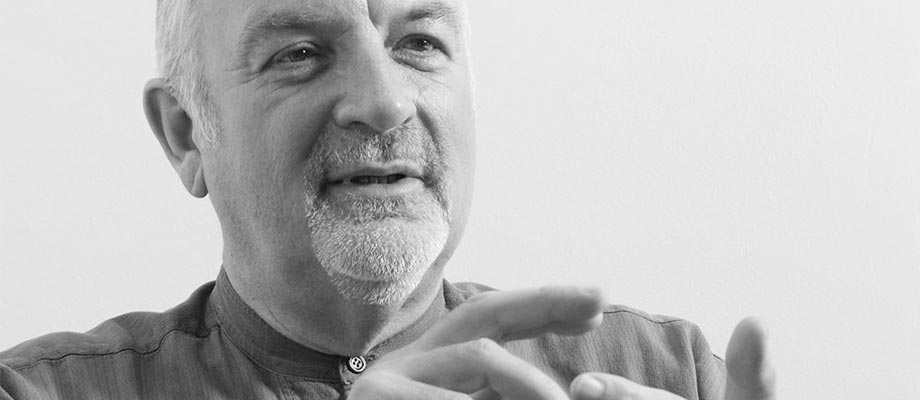Mike van Qudtshoorn PhD, well-known executive coach for many international CEO’s of large corporations, draws on his 30 years of experience for this interview. Early in his career, he brought the AT&T assessment center technology to Europe with a company headquartered in the UK with offices in Holland and Italy. Later he co-founded two master’s degrees in coaching programs, one for Middlesex University in the UK and one at Stellenbosch University near Capetown in South Africa. For the past 15 years he has devoted his time to a private executive coaching practice called Mastery Practice.
When asked about the three most important things he had learned over the years about coaching CEOs and senior leaders he answered:
The first thing is for leaders to understand the difference between leadership and management. Management is the classic four tasks of planning, organizing, budgeting, controlling, in other words, the process of executing; keeping organizational systems running, mastering the mechanics of the organization. Leadership is about direction, culture and values. It is about the future and looking out, not in, and answering the question – What the hell are we here for? Then the leader has to make sure the organization follows! It is very hard for highly competent managers who come up through the organization and have great management skills to learn to look out. This is an area of work that many CEO’s need.
It is not easy to get the organization to follow. Often the leader’s vision gets derailed by conflicts in values lower in the organization. So it is also important for the leader to walk around the organization and ask employees – what are you here for and what is your role?
Second is that CEO’s and senior leaders are lonely. They don’t have anyone with whom to share problems or weaknesses. If they take the chance to share problems or weaknesses and it gets out, it can affect the whole organization and even the stock market. A good coach is someone with whom they can trust to share problems.
Third is that in every situation over the past 30 years, I have found that massively skilled leaders also have great weaknesses. Their biggest weaknesses are often in finding some work/life balance or in their personal relationships. Coaching is not therapy but it definitely skirts a therapeutic relationship. The key is in keeping the focus of the coaching conversations future oriented but still working on what they need.
When talking about the coaching relationship, Mike says he never follows a medical model of an hour a week or every other week. He often spends a whole afternoon with his clients every few months. Once he spent a week with a client at a health resort geared to senior leaders. His efforts are all oriented to helping the leader become self-organized rather than creating a dependent relationship.
Thank you Mike!

